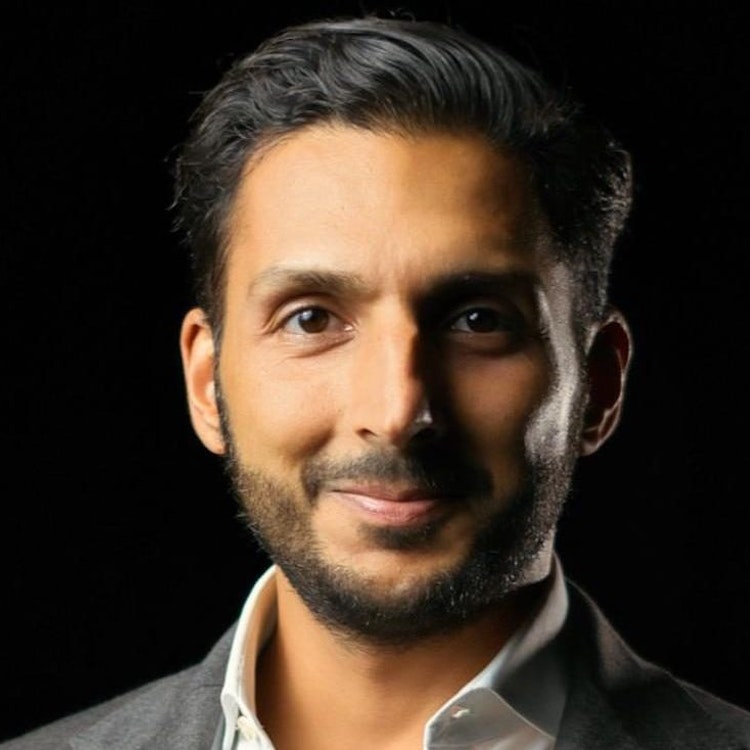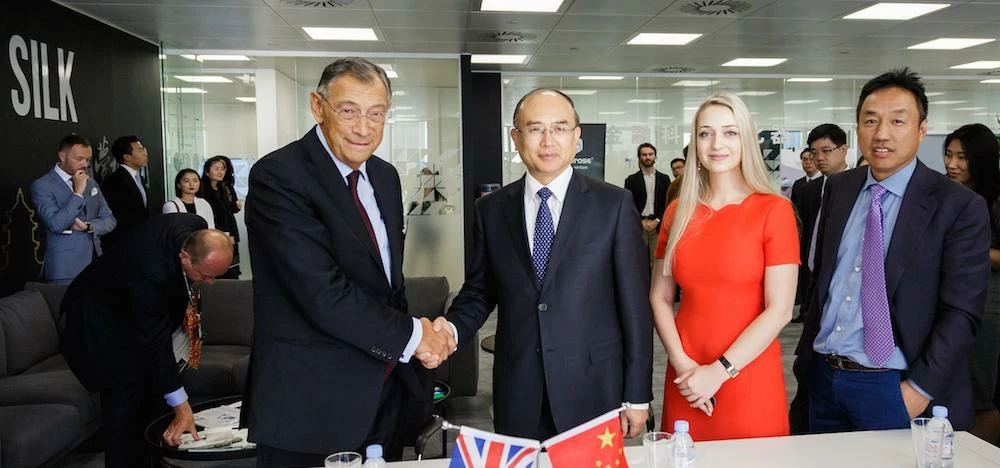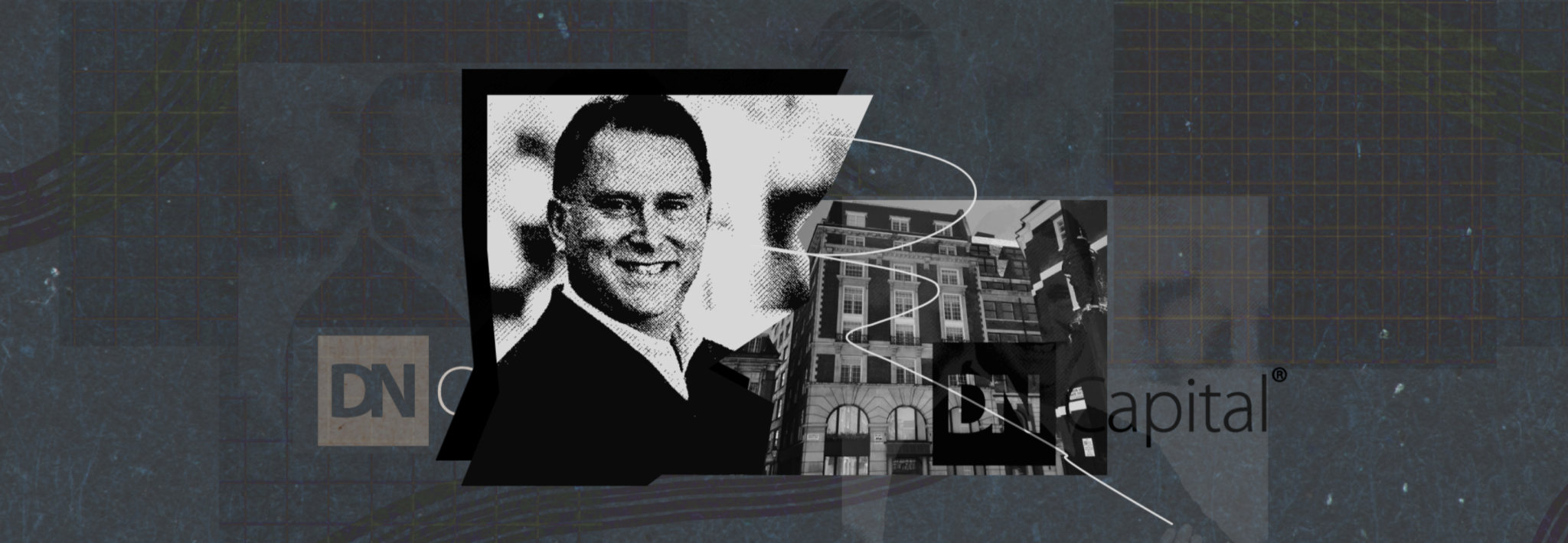We spend too much energy on our jobs. We are always in a rush. We are optimistic even in the face of seemingly insurmountable odds. The cliches about Americans abound.
A look at our national legends gives a hint at what we value, like 19th-century formerly enslaved steel driver John Henry, who raced a steam-powered railroad drilling machine and won. Only to die of a heart attack moments later, still clutching his hammer.
Nowadays it is social media memes, perhaps our generation’s folklore, that paint a similar picture. A viral video from the husband-wife creators behind ThePasinis mocks a typical American routine: a hurried morning, a long commute, lunch at your desk, work until late.
And repeat, while counting your cash.
As an American who has spent my career abroad, I’ve spent countless hours explaining the idiosyncrasies and contradictions that define the United States to European friends, often precipitated by a pointed question such as, “Is it true you can be fired at any moment?”
“The average French citizen has about half the risk tolerance of the typical American”
Below are the three most critical cultural differences European founders must consider when planning a move to the United States.
The pioneering spirit is alive and well
Ask most entrepreneurs to name the most significant difference between American and European investors, and they’ll usually point to differing risk appetite.
Academic work supports this. Known as the Hofstede scale, social scientists have catalogued national differences in attitudes across several measures.
One of those categories is risk appetite (or uncertainty avoidance). According to Hofstede’s work, the average French citizen has about half the risk tolerance of the typical American.
It manifests itself in fundraising. I spoke to Prasant Sudhakaran, a London-based venture capitalist who first raised funding in New York for a fintech startup he cofounded in 2016 called Tribal Credit.
“All we had was a research paper and an idea, and we got $100k from a well-known Silicon Valley investor,” he tells me, noting that he doubted it would work in Europe.
“Twitter could never have happened in Europe — they had tremendous traction but no clear path to profitability,” he says.
He says that in the United States proving to VCs that you have momentum is enough to get funding.
In contrast, some European investors will go so far as to ask for EBITDA, even at the pre-seed stage, with many more looking for positive cashflow within a few years of launch.
This differing risk appetite might explain the divergence in startup outcomes between the United States and Europe.
Europe and the US have economies roughly the same size, and yet the latter produces four times as many unicorns, according to data from Statista (165 vs 697 as of April 2023). Exits are even more lopsided, with the US hosting six times as many unicorn IPOs and private sales.
Recognising these cultural differences is of little help without strategies to cope with them, so I turned to a leading expert on cross-cultural business practices.
I asked London Business School Professor Donal Crilly, who regularly consults with multinationals, what European founders could do to prepare themselves for a move across the ocean.
The multibillion-dollar fraud behind FTX might never have succeeded in Europe
Given the differing risk appetite among American VCs, founders should aim for the proverbial moon shot.
“If you look at how the Voyager or Apollo programme was framed in the US, the moon programme was seen as more appealing. It’s the long-term, change-the-world aspect,” Crilly tells me.
Founders should be bold in their vision. “You have to have a really compelling narrative on how you’re going to upend the market, how you’ll have a really radical impact,” he says, noting that falling short of this might appear timid to VCs.
That doesn’t mean a pitch should veer into the naïve, or downplay difficulties or chances of failure, but it should nonetheless paint a bold picture of what success looks like.
Prasant Sudhakaran’s personal experience of raising his first $100k bears this out. He and his cofounders pitched a vision to transform B2B lending in emerging markets, a billion-dollar opportunity, not an iterative improvement in the industry, but a whole new way of operating.
There’s no room for tepid founders
Western culture tends to be more individualistic than the rest of the world, a concept well documented in social science literature.
Within western culture, American society is more individualistic than its European counterparts — this manifests itself in wildly flamboyant ways in the startup ecosystem, where celebrity founders attract outsized attention and capital.
The dark side of this emphasis on the power of a single person to change the world manifests in troubling ways: narcissists tend to do well, bluffing their way through funding rounds (and even presidential elections). The multibillion-dollar fraud behind FTX might never have succeeded in Europe, where VCs are likely to question the business acumen of a twentysomething with a habit of playing video games while on investor calls.
The lesson for European founders is that they must use more explicit language when communicating with investors and potential customers.
“We’ve conducted research on the Fog Index,” Crilly tells me, citing a measure of the clarity of given language or how much context the listener would need to decipher the true meaning.
“American executives are much lower on the Fog Index,” he notes, adding that even the United States and the UK are sometimes “divided by a common language”.
European founders must be more direct with investors and avoid hedging or ambiguous language.
Inflection AI cofounder and CEO Mustafa Suleyman highlighted this difference in communication style, commenting on his move to California in 2019: “It’s just a complete culture shift, the confidence, the optimism, the encouragement of failure, the kind of hopefulness, the fearlessness about what we can make and produce.”
European founders must tap into that hopefulness and rewrite their pitch decks to articulate a bold vision clearly.
Time moves faster
Americans are famously impatient — from instant meals to fast food to Amazon Prime Now, patience is not a feature commonly associated with the average Yankee.
Empirical research supports this anecdotal observation. Impatience permeates the US economy, with average savings rates much lower than in Europe and investors in a hurry for realised gains.
“Expectations are going to vary and the time orientation is going to be a problem,” Crilly cautions. If a European founder has operations in Europe but seeks funding from American VCs, showing a sense of urgency will be essential.
This isn’t a value judgement — a more long-term oriented attitude might mean a more sustainable business model overall and has advantages.
Nonetheless, even in today’s funding climate with high interest rates and reluctant limited partners, expect American VCs to want rapid growth, scale and an exit much sooner than European counterparts. The emphasis on strong unit economics doesn’t preclude quick expansion.
In my own experience working with European founders, I’ve seen they’re often much more grounded than my compatriots. It might be a selection effect: entrepreneurship can often be riskier in European economies, meaning only the truly committed embark on the journey. The resilience born out of necessity makes strong founders.
Overall, the key to success for European startups moving to the US comes down to a single multifaceted attitude: ambition. Lack a pioneering spirit and the country can be unforgiving. But for the bold among us, it can be a new home.
Disclaimer: While Zed Tarar is a US diplomat, his views are his own and do not necessarily reflect those of the Department of State or the US government.



